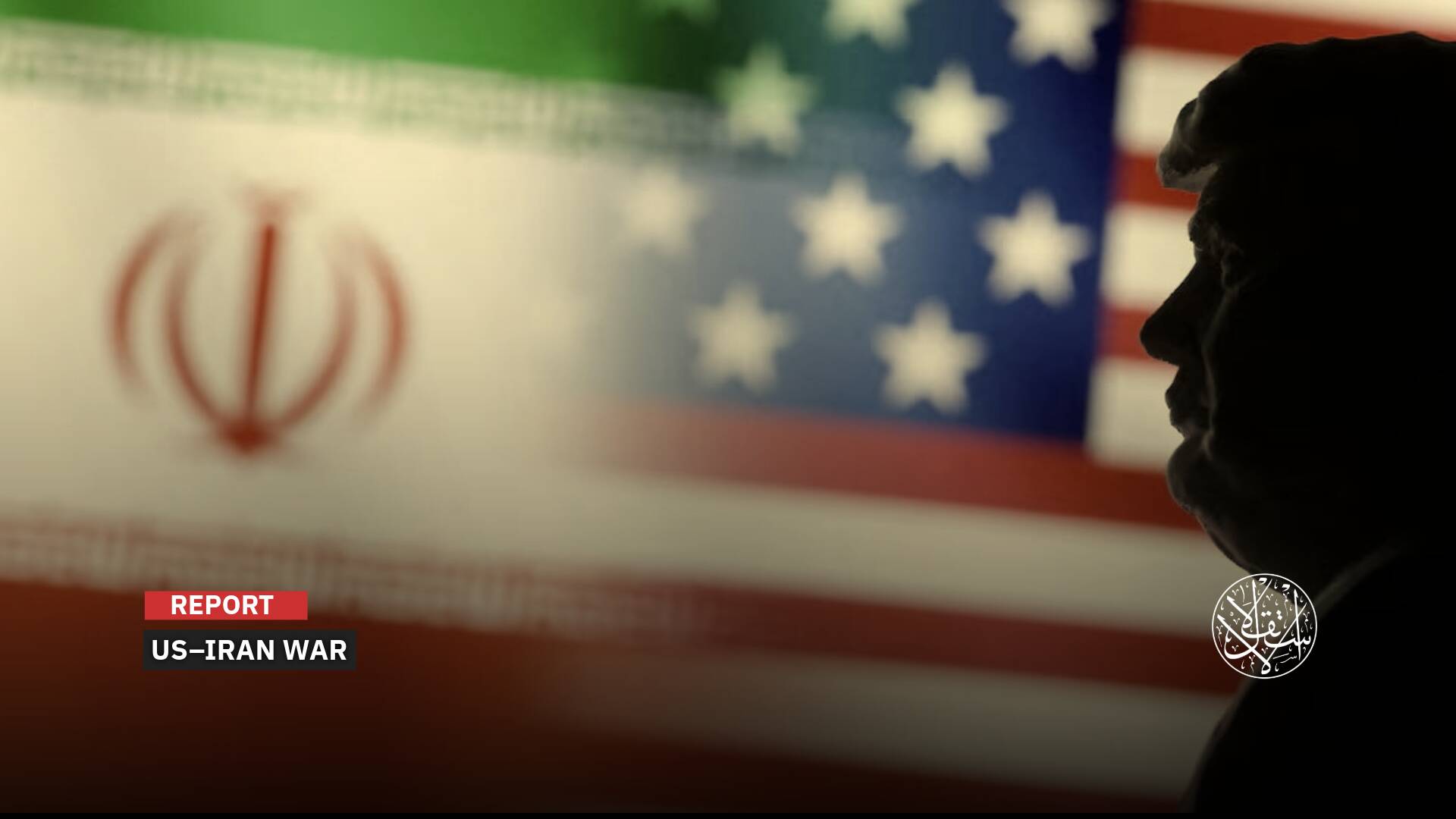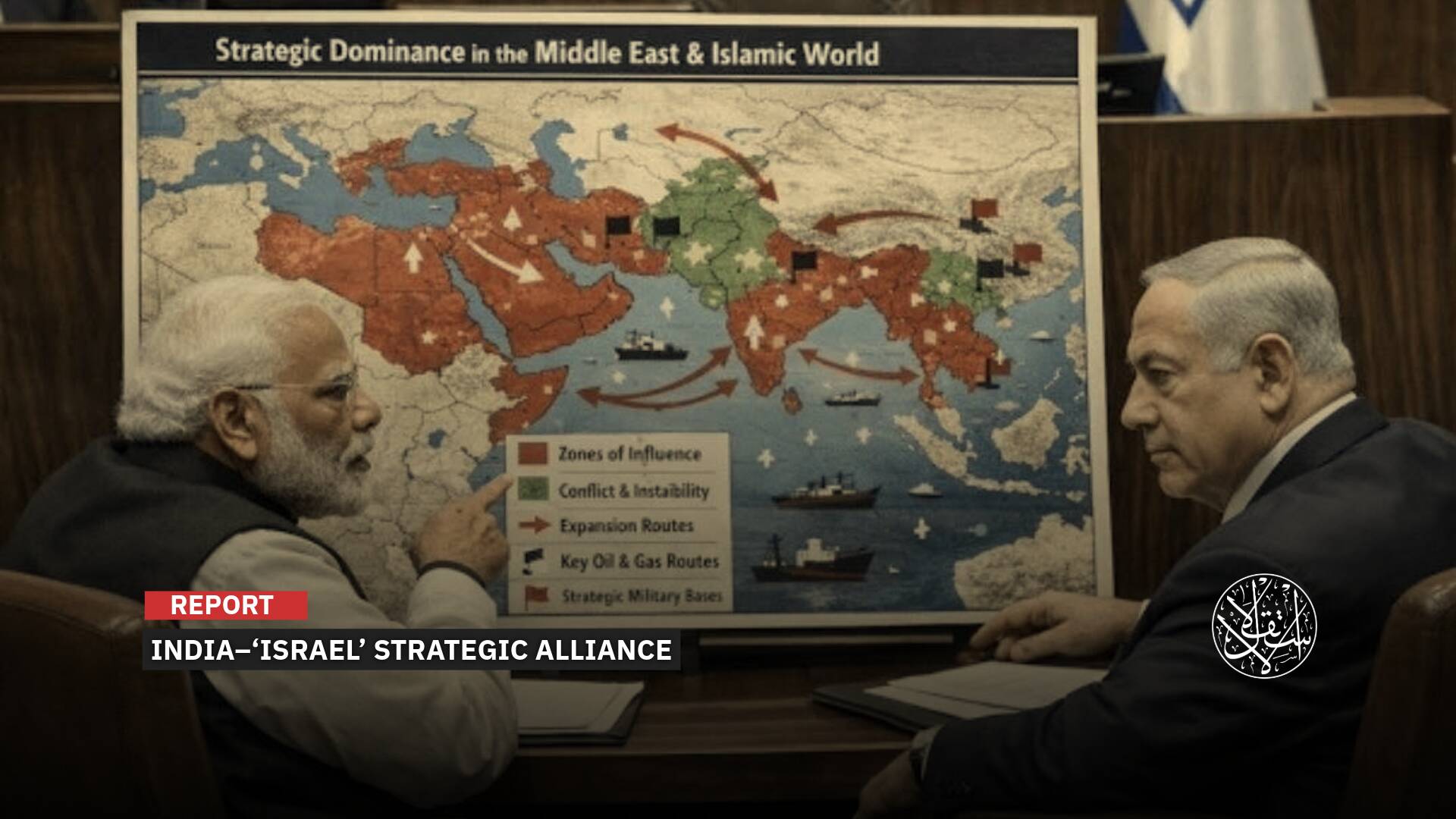The Russian Turkish Gas Valve Spoils the Plans of Europe, 'Israel' and Egypt

Turkish President Recep Tayyip Erdogan is seen as a skillful diplomatic player in the Russian-Ukrainian war. He has refrained from applying Western sanctions to Moscow but has refused to annex four Ukrainian regions, describing this as a "serious violation" of international law.
Erdogan has also sought to mediate between Moscow and Kyiv since the Russian invasion on February 24, 2022, and achieved a rare breakthrough with the United Nations in the July 22, 2022, agreement that allowed the resumption of Ukrainian grain exports from the Black Sea ports closed by Moscow.
At the same time, he sought to host peace talks between Russia and Ukraine in which the West would participate and to calm great tension between the West and NATO on the one hand and Russia on the other hand, which might lead to a third-world nuclear war of a religious nature.
At the present time, Russia needs Turkiye, a member of NATO, after the West targeted it with waves of economic sanctions, and the West also needs Ankara to mediate between the two parties in order to avoid a devastating war.
Gas Maestro
After Turkiye's success in solving the grain crisis in the world through the Istanbul Agreement, aiming to transport Ukraine's wheat to countries in need through its ports, it is heading to play a more important and dangerous role in providing Russian gas to Europe away from the boycott.
This comes at a time when the old continent suffers from an energy deficit with the advent of winter, which will qualify Turkiye to become a "maestro" of gas distribution in the region, even though it is an importing country.
The idea was previously proposed by Turkiye, but President Putin formally presented it to Erdogan on October 13, 2022.
He stressed that Moscow would establish a gas center in Turkiye for export to Europe after Ankara had proven that it was the most reliable way to supply gas to the European Union.
This official proposal, which came on the sidelines of their meeting during the sixth session of the Conference on Interaction and Confidence Building Measures in Asia (SICA) in Kazakhstan on October 13, 2022, marked the inauguration of this Turkish role to become a regional and global center for the export of gas to other countries.
Through this Turkish pipeline, Moscow is seeking to inaugurate a new corridor for Russian gas to Europe after the damage to the Baltic pipelines (Nord Stream) and to redirect supplies away from these lines that were damaged in the explosions of September 26, 2022, according to Reuters on October 13, 2022.

European governments have made up for much of the Russian gas shortage by buying supplies of ship-based liquefied natural gas from countries such as the United States and Qatar and by acquiring increased supplies from pipelines from Norway and Azerbaijan, but at far more expensive than if they imported it from the Turkish pipeline.
The International Energy Agency said Europe faces "unprecedented risks" to its natural gas supplies this winter after Russia cut off most shipments to the old continent.
The International Agency expected that Europe would compete with Asia for rare and expensive liquid gas, which comes by ship, according to the Associated Press on October 3, 2022.
Europe neck
Since Western countries imposed an economic blockade on Russia as a result of the invasion of Ukraine and then America's pressure on European countries to stop importing Russian gas, the old continent has been suffering from energy supply problems.
Most European countries stopped buying Russian gas, and then the Nord Stream 1 and Nord Stream 2 gas pipelines, which transport gas from Russia to Europe under the surface of the Baltic Sea, were subjected to acts of sabotage that led to a leak in September 2022, creating an energy crisis in Europe with the onset of winter.
The repair of the two lines will take more than a year, according to the CEO of the Russian Gazprom, Alexey Miller, according to the Bloomberg East website on October 14, 2022.
The crisis has increased the European Union's accusation that America is "trading in Europe's crisis" after it raised the prices of gas sold to the EU countries that boycotted Russian gas by four times the price of selling it in the American market.
European criticism of the US administration rose, and they considered it an unacceptable exploitation of the crisis, according to the Investing economic website on October 10, 2022.
Europe will have to buy Russian gas, Kremlin spokesman Dmitry Peskov said, stressing that the Turkish Stream pipeline is the only reliable route.
The proposal to establish a gas center in Turkiye will tempt European countries to buy from Ankara, even though it is a Russian gas, according to specialists.
Erdogan ordered Energy Minister Fatih Donmez on October 14, 2022, to work on establishing an international center for natural gas storage in Turkiye, the International Gas Distribution Center, following Putin's proposal to turn Turkiye into a new supply center.
Erdogan said that Ankara and Moscow will immediately work to implement Putin's proposal to transport gas through his country to the European continent, adding, in statements reported by NTV and Turkish media, that Turkiye "will turn into a gas export center.
Regional Competition
The European Union, "Israel" and Egypt signed a memorandum of understanding on June 15, 2022, aiming at increasing the quantities of Israeli gas passing through Egypt to Europe as part of a European plan to get rid of Russian natural gas and rely on other sources, including "Israel."
On the same day, the Hebrew Kan 11 channel stated that this deal is for three years and will fill Europe's need to obtain Israeli gas after it is liquefied through Egyptian facilities that "Israel" lacks.
The agreement enabled "Israel" to send more gas to Egyptian natural gas facilities in order to liquefy it and then re-export it to Europe, which made Cairo consider itself a regional gas hub.

But the gas from Egypt and "Israel" is still little. "Israel" plans to increase production in the Leviathan field to 24 billion cubic meters annually, which is not compared to Russia, which in 2021 exported only 155 billion cubic meters of gas to Europe.
On October 13, 2022, The Economist magazine said: Even if Egypt operates the two liquefaction plants to their full capacity and fills them with Israeli gas, it cannot export more than 2 percent of Europe's total demand for gas and 6 percent of Europe's total import of Russian gas before the war.
On the other hand, Russian Deputy Prime Minister Alexander Novak told the Turkish official Anadolu Agency on October 14, 2022, that 63 billion cubic meters of our gas can be exported to Europe via Turkiye, which is nearly half of what Europe was importing from Russia before the war.
Competition will ignite between Ankara and Cairo as a regional center for the distribution and sale of gas, and this may resolve the American and European position by accepting the purchase of cheap Russian gas through Turkiye or heading to the Middle Eastern pipeline through Egypt and "Israel," which is more expensive.










